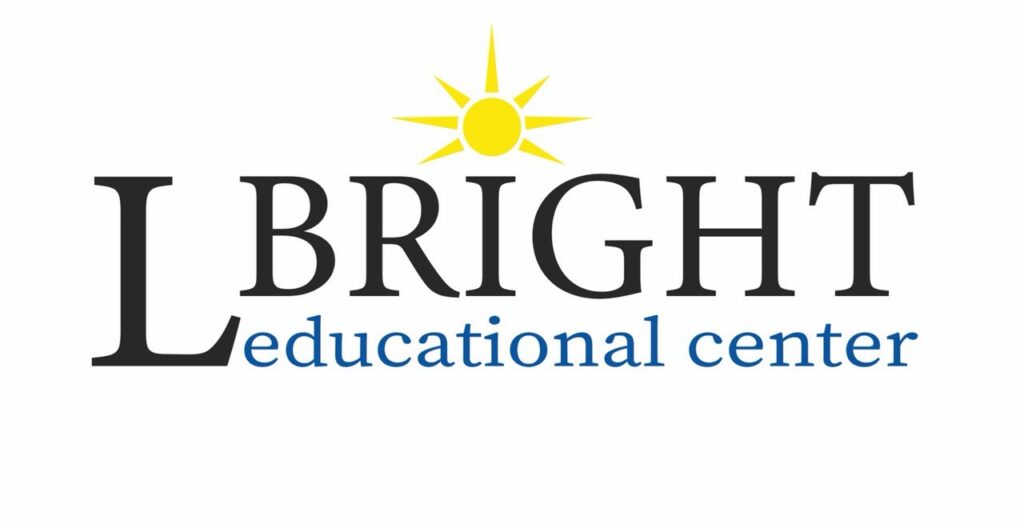Mentorship, a timeless and invaluable facet of education, plays a pivotal role in guiding students through their academic and professional journeys. This dynamic relationship between mentor and mentee extends beyond traditional learning, offering personalized advice, encouragement, and insights that textbooks alone cannot provide. Let’s delve into the transformative power of mentorship in education and how institutions like LBright Educational Center are leveraging this to enrich students’ educational experiences.
The Essence of Mentorship
Mentorship is an empowering relationship wherein a more experienced individual (mentor) shares knowledge, skills, and wisdom with a less experienced person (mentee), fostering their personal and professional growth. This relationship thrives on mutual respect, trust, and commitment, offering a personalized approach to learning and development.
Benefits of Mentorship in Education
Personalized Guidance: Mentors provide tailored advice and feedback, helping mentees navigate academic challenges, career decisions, and personal growth opportunities.
Enhanced Academic Performance: The encouragement and academic support from mentors can lead to improved grades, better study habits, and a deeper understanding of subjects.
Career Exploration and Networking: Mentors introduce mentees to professional networks, opportunities, and insights into various career paths, helping them make informed decisions about their future.
Development of Soft Skills: Through mentorship, students develop essential soft skills such as communication, leadership, time management, and problem-solving, which are critical for success in both academic and professional arenas.
Increased Confidence and Motivation: The support and belief a mentor places in a mentee can significantly boost the mentee’s confidence, resilience, and motivation to achieve their goals.
Implementing Effective Mentorship Programs
Matching Process: Successful mentorship begins with a thoughtful matching process, pairing mentors and mentees based on shared interests, goals, and personalities.
Training and Support: Both mentors and mentees benefit from training on how to effectively engage in the mentorship relationship, including setting goals, communication strategies, and feedback techniques.
Regular Check-ins: Scheduled meetings and check-ins ensure the mentorship relationship remains focused and productive, allowing for adjustments as the mentee’s needs evolve.
Recognition and Feedback: Acknowledging the achievements and contributions of both mentors and mentees reinforces the value of the mentorship program and encourages continuous improvement.
LBright’s Commitment to Mentorship
At LBright Educational Center, we recognize the profound impact mentorship can have on a student’s educational journey. Our mentorship programs connect students with experienced professionals, alumni, and educators who can guide them towards academic excellence and career success. By fostering these meaningful relationships, we aim to create a supportive learning environment that empowers students to reach their full potential.
Conclusion
The power of mentorship in education cannot be overstated. It provides a complementary layer of support that enriches the educational experience, offering students guidance, encouragement, and access to opportunities that facilitate personal and professional development. As we continue to acknowledge and harness the benefits of mentorship, institutions like LBright Educational Center play a crucial role in shaping well-rounded, confident, and successful individuals ready to make their mark on the world.















